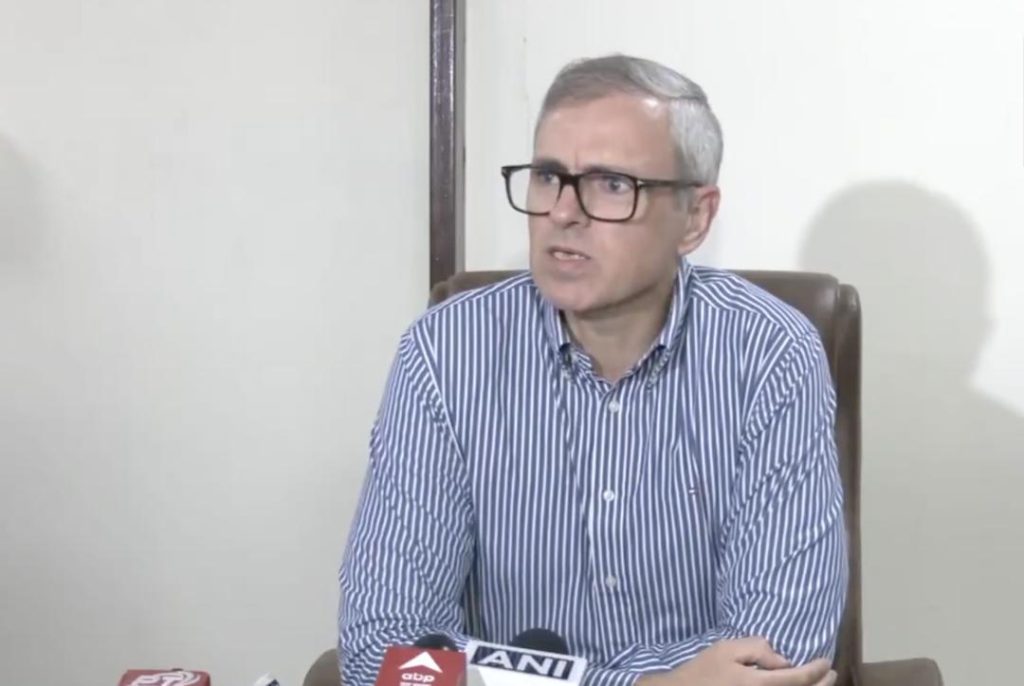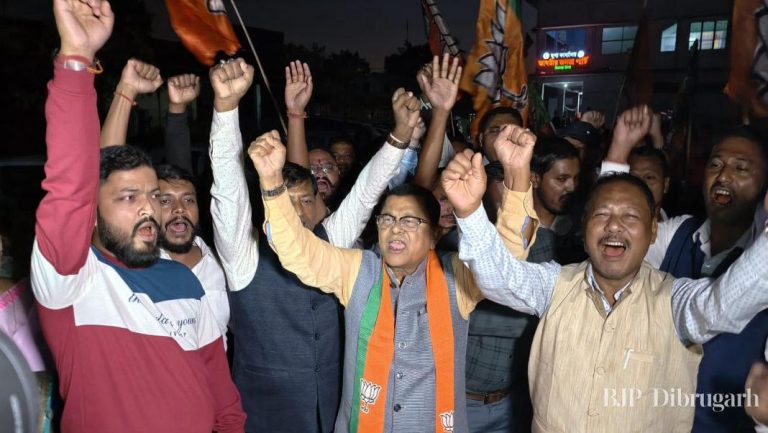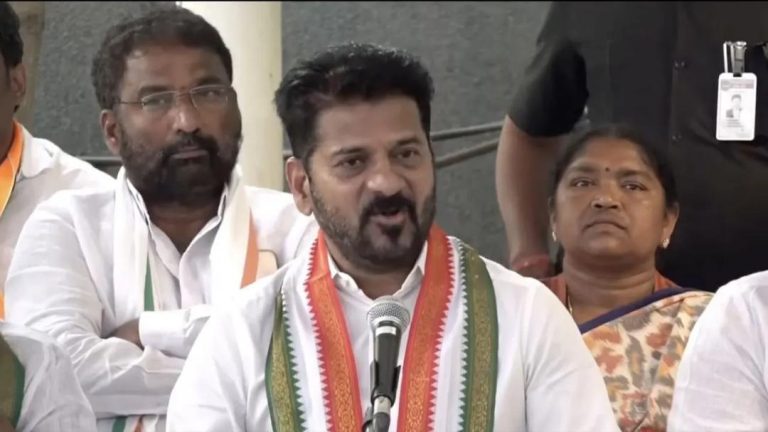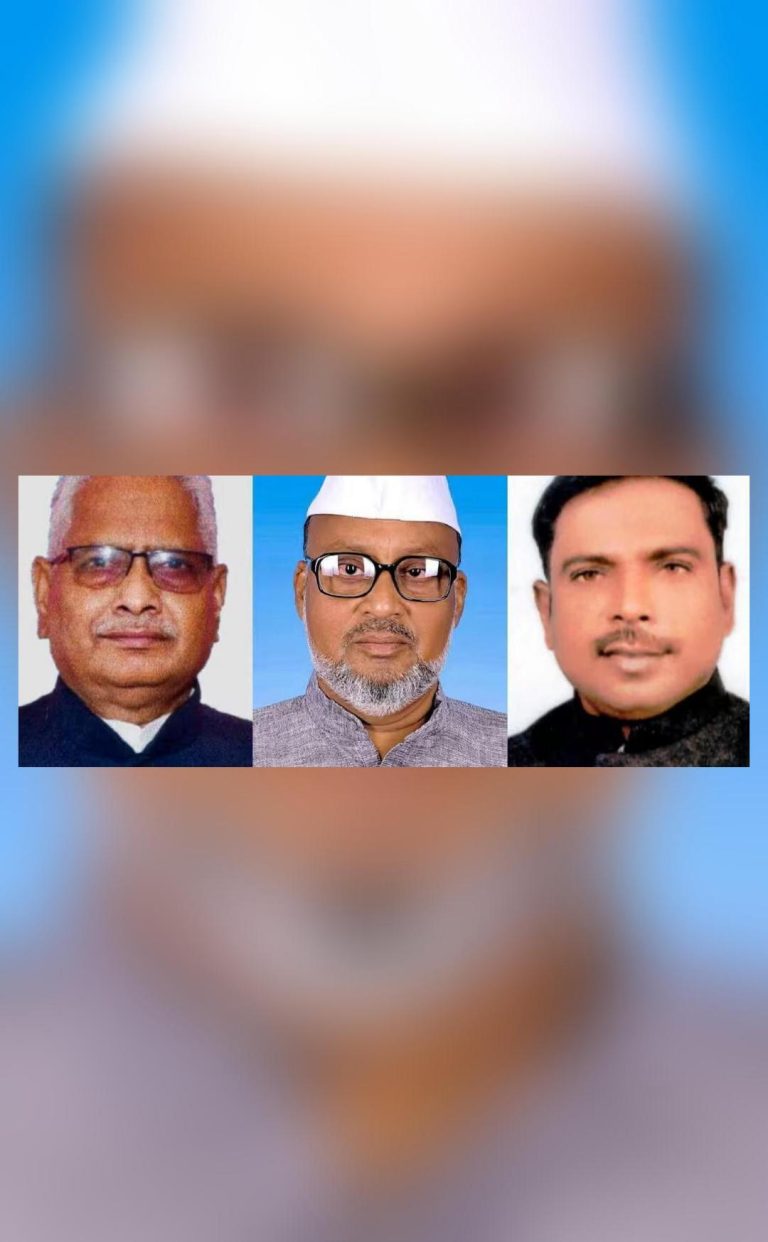
Why should I send water to Punjab?: J&K CM on canal proposal
The debate regarding the allocation of water resources has been a contentious issue in India for a long time. The latest development in this regard is the proposal to redirect surplus water from three western rivers of the Indus system in Jammu and Kashmir (J&K) to Punjab, Haryana, and Rajasthan. The proposed 113 km-long canal has sparked a heated discussion, with J&K Chief Minister Omar Abdullah being the latest to weigh in on the issue.
In a recent statement, Omar Abdullah expressed his reservations about the canal proposal, questioning the necessity of diverting water from J&K to other states. “Why should I send water to Punjab?” he asked, emphasizing that Punjab already had water under the Indus Waters Treaty. “Did they give us water when we needed it?” he added, implying that Punjab had not reciprocated in the past when J&K required water.
The Indus Waters Treaty, signed in 1960, is a bilateral agreement between India and Pakistan that governs the sharing of the waters of the Indus River and its tributaries. The treaty allocates the waters of the western rivers – Indus, Jhelum, and Chenab – to Pakistan, while the eastern rivers – Ravi, Beas, and Sutlej – are allocated to India.
The proposal to redirect surplus water from J&K to other states has been met with skepticism by many, including environmentalists and experts. They argue that the canal would not only be expensive to build and maintain but would also have environmental and ecological implications. The diversion of water would disrupt the natural flow of the rivers, affecting the livelihoods of people dependent on them.
Moreover, the canal would require the construction of dams, reservoirs, and canals, which would lead to the submergence of large areas of land. This, in turn, would displace thousands of people and affect the local ecosystem. The environmental costs of such a project would be significant, and the benefits would be limited to a few regions.
Omar Abdullah’s statement has sparked a debate about the fairness of the Indus Waters Treaty. Many argue that the treaty is biased in favor of Pakistan, which has historically received more water than it needs. J&K, on the other hand, has been facing water scarcity for years, particularly during the summer months when the state’s water requirements increase.
The proposed canal would divert surplus water from J&K to other states, which would further exacerbate the water crisis in J&K. The state already faces a significant water deficit, and the diversion of water would only add to the problem. In such a scenario, it is difficult to understand why J&K would be willing to sacrifice its own water resources to benefit other states.
The debate surrounding the canal proposal is not just about water politics; it is also about the economic and social implications of such a project. The construction of the canal would require significant investment, which would divert funds away from more pressing needs such as education, healthcare, and infrastructure development.
Moreover, the canal would create employment opportunities in the short term, but the long-term benefits would be limited. The project would not address the underlying issues of water scarcity and would only provide a temporary solution to the problem.
In conclusion, the proposal to redirect surplus water from J&K to other states raises more questions than it answers. The canal would have significant environmental and ecological implications, and the benefits would be limited to a few regions. Omar Abdullah’s statement highlights the unfairness of the Indus Waters Treaty and the need for a more equitable distribution of water resources.
As the debate continues, it is essential to consider the long-term consequences of such a project and to prioritize the needs of the people of J&K. The state faces significant challenges in terms of water scarcity, and the diversion of water would only exacerbate the problem. It is time for a more sustainable and equitable solution to the water crisis in J&K.






